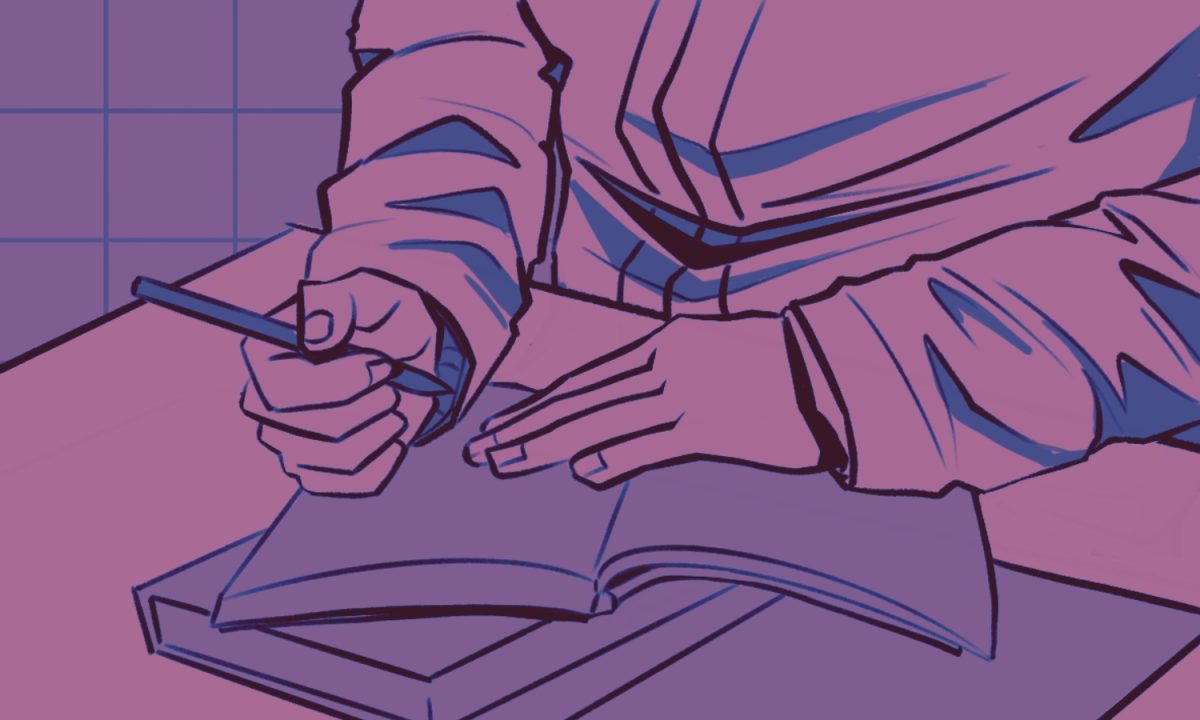“Blessed are the merciful, for they shall be shown mercy” -Matthew 5:7. Nadia Bolz-Weber’s spiritual connections and words bring great emotion to the hearts of the deeply religious, and the atheist. “Pastrix; the Cranky, Beautiful Faith of a Sinner and Saint” tells the memoirs of a self-proclaimed sinner and her journey as a female pastor of her very own Lutheran parish in Denver, “House for All Sinners and Saints.” Her flawed and passionate story puts “Eat Pray Love” to shame.
Nadia is anything but a conventional pastor. Her heavily-tattooed arms seem to contradict her clerical collar, and her diverse congregation is not the common vision of a Lutheran church. In House for All Sinners and Saints, one can find men and women, children and adults, families, lone wolves, people of all colors, members of the LGBTQQA community, criminals, drug abusers, mothers, fathers, friends and every one in between. The constant is that everyone is a sinner, and yet, in some way, a saint. Nadia’s journey towards this new profession began while speaking at a friend’s untimely funeral to a crowd of late-night comics and drinkers. Her own history of depression, and substance abuse, only contributed to the community and love she says Christ has brought to her.
“Getting sober never felt like I had pulled myself up by my own spiritual bootstraps,” she writes. “It felt instead like I was on one path toward destruction and God pulled me off of it by the scruff of my collar, me hopelessly kicking and flailing and saying, ‘Screw you. I’ll take the destruction please.’ God looked at tiny, little red-faced me and said, ‘that’s adorable,’ and then plunked me down on an entirely different path.”
Her story is engaging, largely thanks to her wit and humor that is unlike any other “religious” read. “Jesus taught us to pray, ‘Forgive us our trespasses as we forgive those who trespass against us’ not forgive us and smite those bastards who hurt us,” writes Nadia. Her lessons are not lost on readers with any sense of humor. She tells it like it is and her voice becomes credible through her hilariously honest words.
She also tells her own accounts of major events such as the devastating earthquake in Haiti. This catastrophe occurred during Lent, the season leading up to Easter for many Christian denominations. Just before Easter, many parishes will hold “Stations of the Cross.” For this activity, members of the congregation travel to a picture or statue of each “station” each of which tells part of the story of Christ’s crucifixion, including each each time He falls, an apostle carrying the cross, and of course His death. Some of the rhetoric Nadia experienced during this time of suffering for Haiti, was that of disbelief and confusion about why God would let such a thing happen. However, she used a photograph from the despair in Haiti for each station in order to demonstrate that when humans suffer, God also suffers. She writes about this particular action in such a way that will bring any reader to tears.
Should you read it?: Yes.
For many, her tale sheds light on issues in our world and today. From immigration, to civil rights, Nadia’s words tend to offer a means to an open heart when confronting inequality and injustice now. She never claims to have the answers, but she opens the door for self reflection and relates to readers to do so. To gain insight into a passionate and fierce woman right here in Colorado, pick up Nadia Bolz-Weber’s “Pastrix; The Cranky, Beautiful Faith of a Sinner and Saint”.







